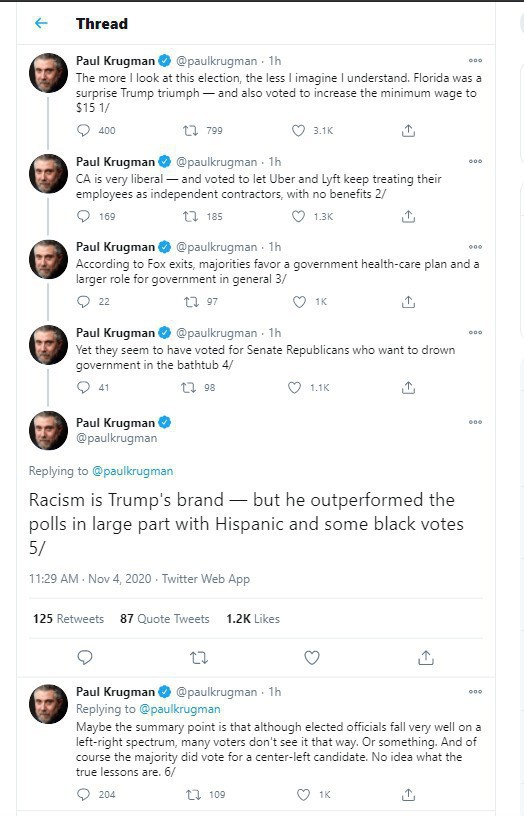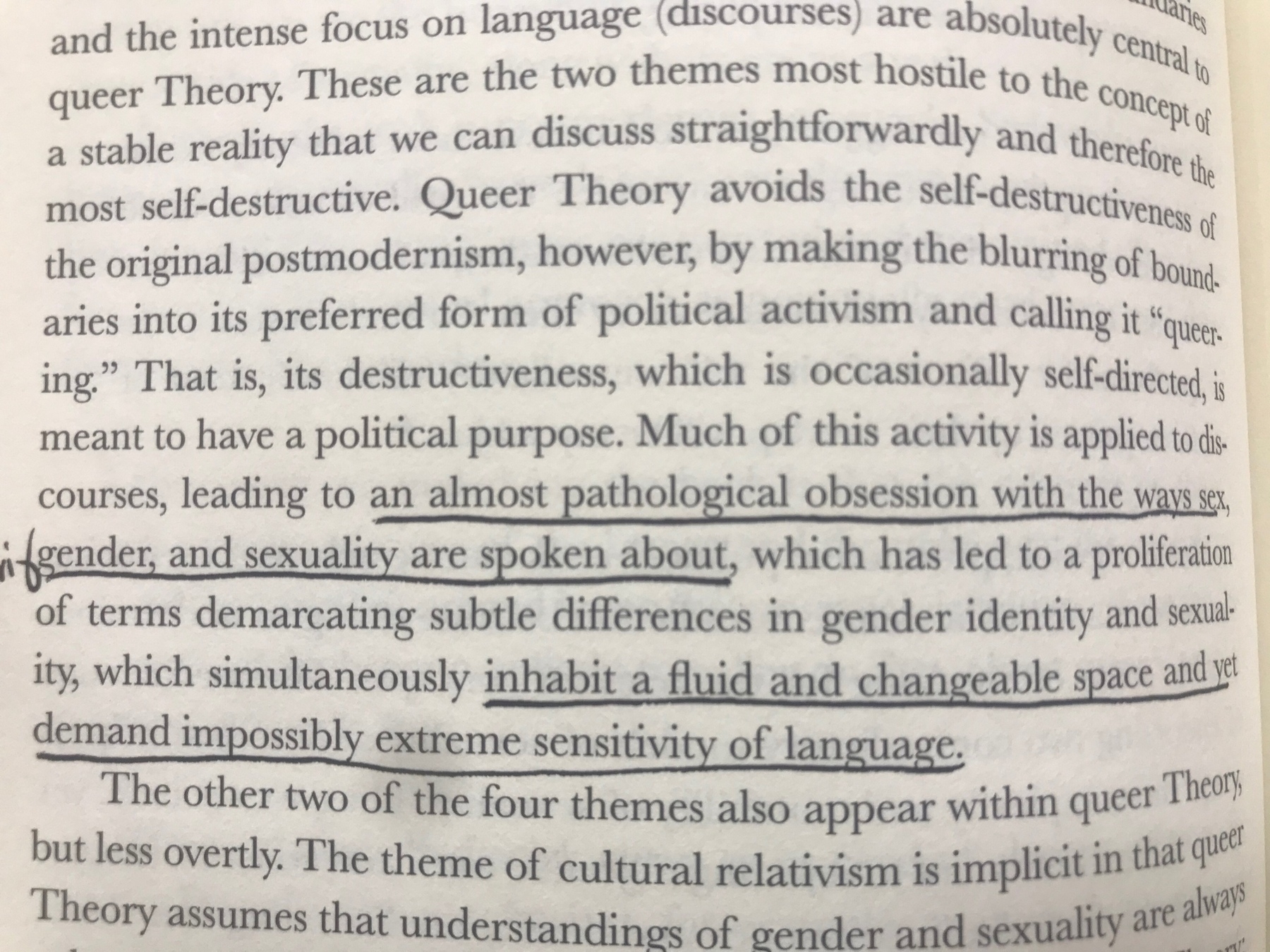I haven’t seen this movie since high school and Sarah had never seen it. But I’ve been seeing/hearing rave reviews for Cobra Kai on Netflix and want to check that out soon, so I thought it would be worth revisiting the original. I’m so glad we did. It was a refreshing, rewarding film of a class that feels like it’s going extinct. It was tender, humane, and emotionally authentic, while still being accessible, funny, and exciting.
Here’s how good the lead actors are. I began writing the following in my reflection, “The first thing I noticed was how terrific it is for a ‘high school’ movie to actually star high school age actors in the lead roles,” and then decided I should fact check this statement. It turns out that Ralph Macchio was actually 23 when Karate Kid was made and Elizabeth Shue was 21. But they pull off the roles of mid-high school students perfectly. Hollywood so often ages up their writing of high school students, writing them more like college-age characters than high schoolers (see, for example, the high school characters in Stranger Things. Movies/tv that get this right are exceedingly rare. The only one the immediately comes to mind is Freaks and Geeks though I’m told that Josie and the Pussycats does a pretty good job (haven’t seen it so can’t say). But Karate Kid hits perfect notes of awkwardness without the characters being self-conscious of it in the meet-cute between Daniel and Ali on the beach where they both just kind of stare at each other all evening, and on their dates being driven around by Daniel’s mom. Daniel’s desire to save face after his first beating by Steve, where he sucker-punches him getting up from the ground and then desparately blurts out, “We’re even now, OK!?” (Of course, Steve doesn’t want “even” and proceeds to pummel Daniel) demonstrates perfectly his need to somehow get through this conflict with his pride intact.
It’s not so unusual for a protagonist to have a level of virtue, but one of Daniel’s particular virtues is unusual and refreshing – it’s the virtue of submission to authority. When Mr. Miagi agree’s to train Daniel and then immediately puts him to work with “wax on…wax off” Daniel barely registers any complaint. The the movie goes out of it’s way to also show Daniel’s patience. He puts in hours and hours of laborious work into waxing, painting, and sanding before finally snapping. There’s definitely insight into teaching here also, in the way Mr. Miagi lays down very clear expectations when he agrees to train Daniel: “No questions!” and then sticks to them, but Daniel shows tremendous patience and trust in his teacher to go as long as he does with no perceptible return on his work. Thinking some more as an educator for the moment, this sequence also calls into question somewhat the conventional wisdom today of making learning, “visible” to students. The notion is that students should always know what learning the work they are doing is moving them towards. If Daniel didn’t have the ability to trust and submit to his teacher, then yes, the only thing Mr. Miagi could have done, if he were determined for Daniel to finish his training, would be to from the get-go explain to him what these tasks were intended to teach him. But what if he was withholding that information because he knows that Daniel already has an idea of how to deflect a blow, and if he incorporates that idea into his waxing, sanding, and painting, than those tasks become less valuable in training his body toward the motions that Mr. Miagi is wanting him to internalize? If a student thinks they already know how to do the “end result” they may be less likely to follow the path the teacher wants them to go to get there, even if that path leads to deeper understanding or higher proficiency. So keeping that “end result” out of view is one way for a teacher to ensure that the student learns in a way that leads to that deeper understanding.
Something else remarkable about this movie that I missed when I saw it as a child is the pathos of Mr. Miagi who has this rich heritage that has been passed down for generations in his family, but whose only son died and wife died in childbirth. That Daniel becomes a suggogate son for him (and Mr. Miagi, likewise, a surrogate father for Daniel) is handled beautifully. Mr. Miagi’s benefit to Daniel is what the movie revolves around and it what I had remembered from it, but it actually beautifully reveals as well the way that Daniel enriches Mr. Miagi’s life.
Of course, the final tourament is the scene that everyone remembers. I was afraid that this scene wouldn’t hold up to adult scrutiny, in that the climactic sports competition montage has become such a common and cliched trope, but it’s executed so well in Karate Kid that it’s still thrilling and suspenseful, even though the end is a forgone conclusion. One way that the filmmakers accomplish this is by introducing a new “minor character” at this point in a really subtle way. As we see the tournament progress, our eye will get caught by the fourth semifinalist (Daniel, Johnny, and the other Cobra Kai kid are the other three). He has a darker Asian complexion, and fights in a very powerful and precise style. He looks and fights so differently from everyone else in the tournament, and he so thoroughly dominates his opponents up until he faces Johnny, that that fight looks like it could be in question, and it elevates Johnny even higher when he beats him. That decision to differentiate that fighter during the tournament and play him against Johnny before Daniel faces him goes a long way, I think, in creating interest and excitement in the tournament. Of course, the cinematic execution of the whole thing is flawless.
And then it ends. With no denoument or epilogue. This movie is both filled with space to let the characters breathe, and ruthlessly disciplined to fade to black immediately after Daniel’s family and girlfriend rush onto the ring to congrate him on his win.
I don’t want to accidentally over-praise this movie. It’s not Terrance Malik. But I love it when an ordinary movie is executed with such thoughtfulness and skill in service of humanity, rather than spectacle. Looking foward now to Cobra Kai.



